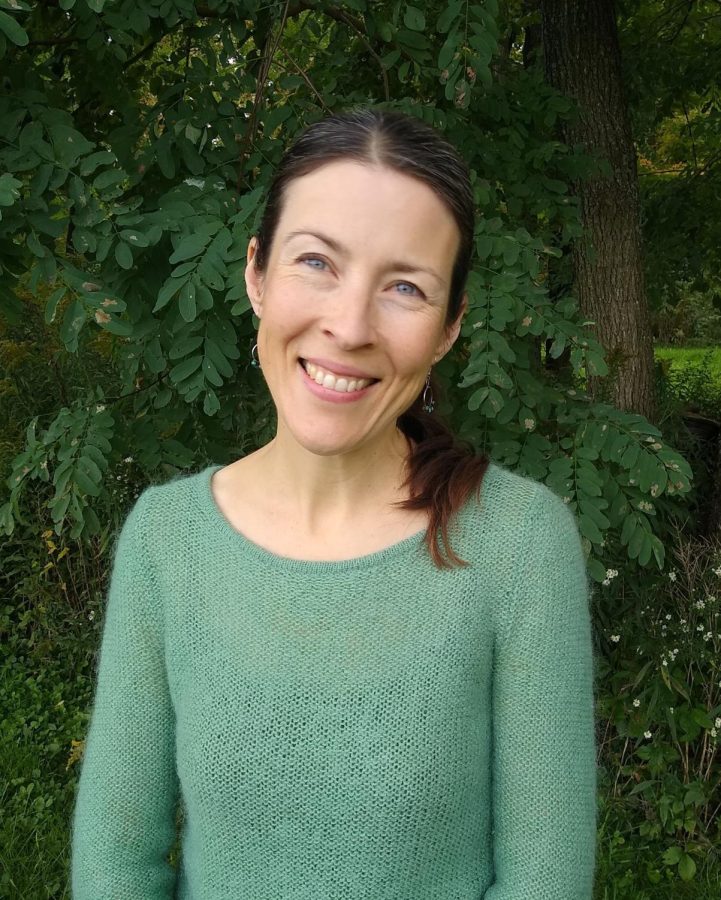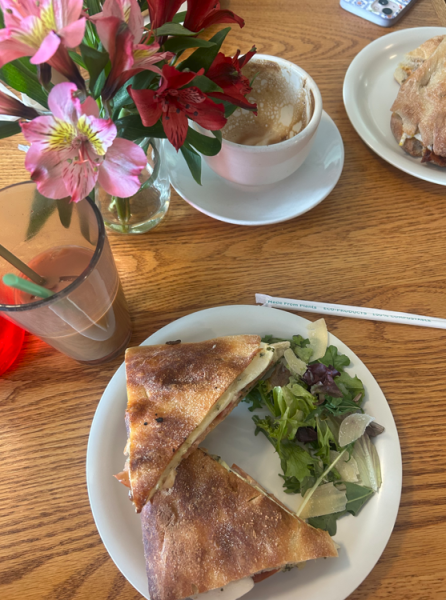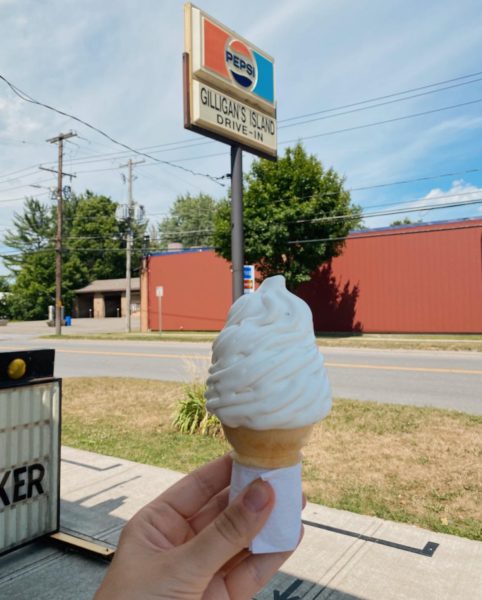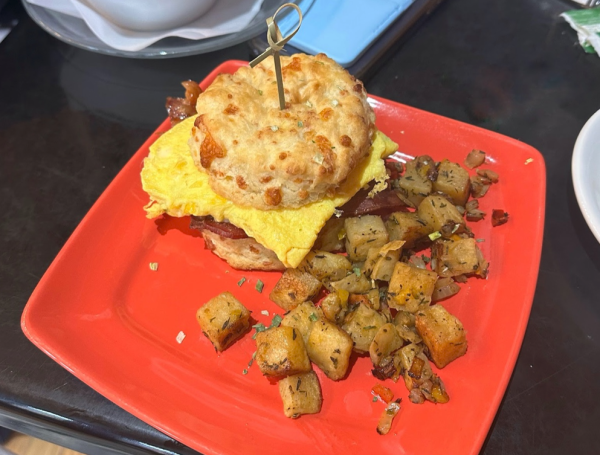Professor Roller’s Investigation into the History of Agrichemicals
Ever wonder what exactly goes into the production of your food? History professor Heather Roller sure does — she is currently conducting research on agriculture and pesticide usage to explore this question further. Roller has long been interested in how farmers decide to use agrichemicals, so her research aims to investigate farmers’ perspectives on the possible toxicity of these chemicals.
This past summer, Roller hired two environmental studies concentrators to act as research assistants in her new book project, “A Social and Environmental History of Agrichemicals.” While collaborating with these students, the group realized that they needed to go beyond archival documents and talk to people. Roller had previously completed training in oral history, but she had never actually used it as a part of her research process. The group completed almost 20 interviews locally using snowball sampling. The research group interviewed conventional farmers, organic farmers and individuals who grew up around farming operations.
“It was neat to see how many different ways people have been thinking about these substances and how they might be affecting the region,” Roller said of this initial interview stage.
Prior to her work on the history of agriculture and agrichemicals, Roller published two books concerning indigenous history in Brazil. To gather sources, she spent time in Brazilian archives studying colonial-era documents in Portuguese. For her current book project, she is conducting research in the United States in English — a completely different experience from her past work. Regarding this shift, Roller is grateful to Colgate for giving her the flexibility to explore new research terrain.
“I think the biggest perk of working at Colgate, for me, is that I have had the freedom to experiment with different fields of inquiry and new methods of doing history. My department and the institution as a whole have been supportive of my interests as they have evolved,” she explained.
In addition to publishing academic work, Roller has recently begun exploring fiction writing. Last spring, she wrote a book surrounding environmental and historical themes for middle-school readers. Roller hopes to publish a fiction novel concerning similar themes in the future.
“My fiction writing and academic work feed each other in interesting ways, and there are a lot of themes in environmental history that I was able to explore through the draft of this novel. The fiction writing got me thinking about things I would also like to explore in my research,” Roller said.
Outside of an academic setting, Roller connects with her environmental work at home. For the past 13 years, Roller’s family has been growing vegetables in their own backyard. The possibility of growing some of their own food convinced the family to move from Berkeley, Calif. to upstate New York.
“[My farming experience] has definitely made me think a lot about all of the inputs that go into creating fertile soil. I have learned so much about growing crops […] It has shaped my interests in a lot of ways,” Roller said.
Students interested in further connecting with Roller’s work have several exciting opportunities. Roller will hopefully be hiring two more summer research fellowship students for the summer of 2023. These students will spend time locally conducting research and might get the opportunity to travel to the Midwest for a few weeks to administer oral interviews in a new location.
Students can also connect to her work in the classroom during the academic year. Roller works with students to analyze primary sources of historical documents found online.
Be sure to look out for these exciting opportunities to explore your own interest in environmental studies, or learn more about the environmental impacts of your own consumption decisions.
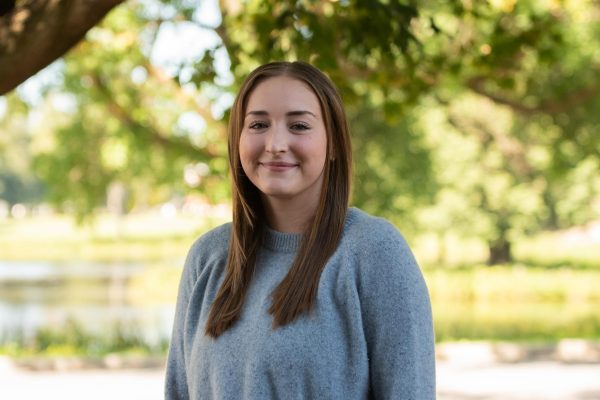
Madison Ballou is a junior from Treasure Island, FL concentrating in economics with a minor in psychology. She has previously served as a contributing...


